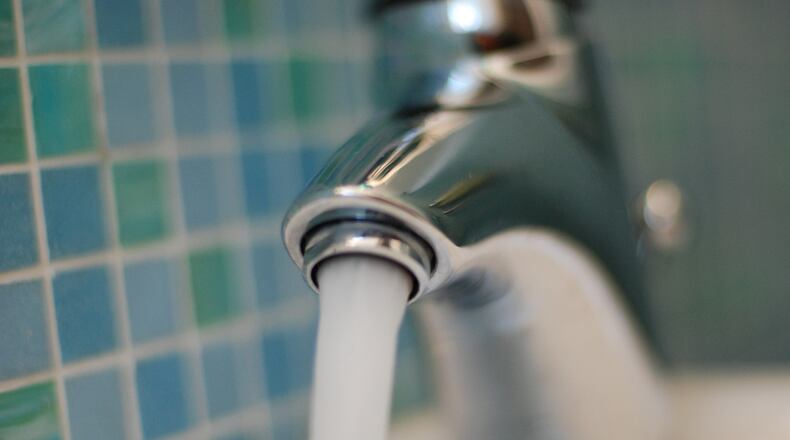In recent months, Atlanta-area school districts began testing school drinking water for lead and making repairs to sinks and water fountains with especially high levels.
But public health experts say those tests and repairs are no guarantee that drinking the water in local schools is risk-free.
Lead in Atlanta-area school water: Health dangers “under-appreciated”
That's because Atlanta, DeKalb and Fulton schools are only trying to reduce lead at sources where levels are above 15 parts per billion. Fifteen parts per billion is the level at which the Environmental Protection Agency requires water utilities, like Atlanta Watershed, to take action.
That level is based on balancing the cost of repairs against potential health consequences. It's not focused solely on what's safe for children. Even low levels of lead in blood can result in behavior and learning problems, lower IQ, slowed growth and other problems, according to the Centers for Disease Control and Prevention.
The American Academy of Pediatrics recommends a much lower limit for school water fountains, 1 part per billion.
“The health harm especially for kids in a school where they’re there to learn, that’s being under-appreciated,” said Dr. David Carpenter, director of the Institute for Health and the Environment at the University at Albany.
“Lead’s a dangerous thing and most low-concentration action is on the brain and on learning and memory, and that’s not something you want to have kids exposed to.”
About the Author
Keep Reading
The Latest
Featured


